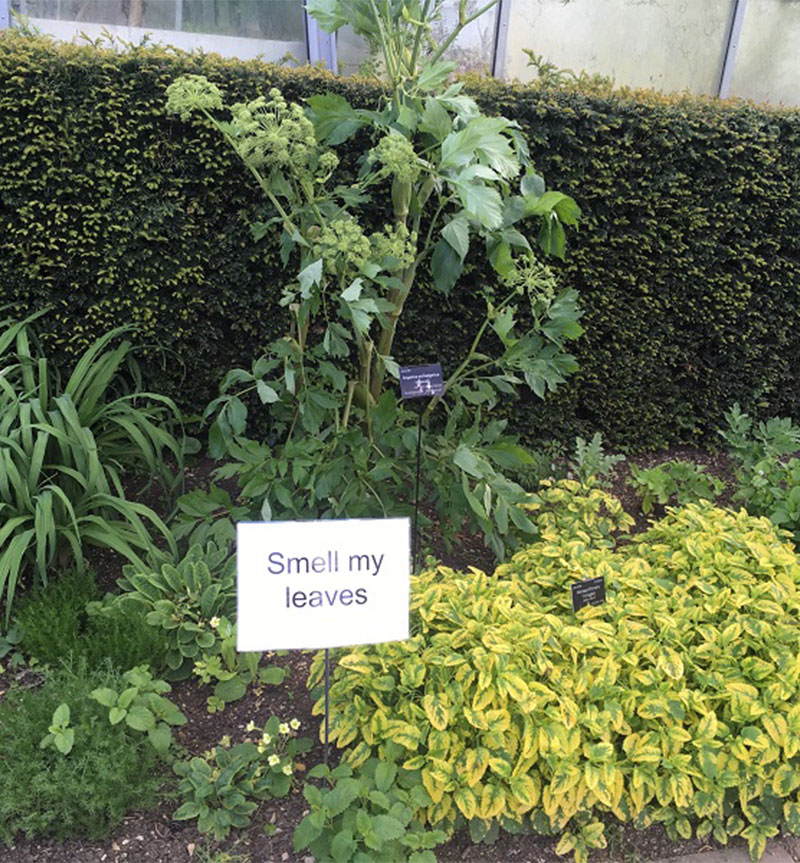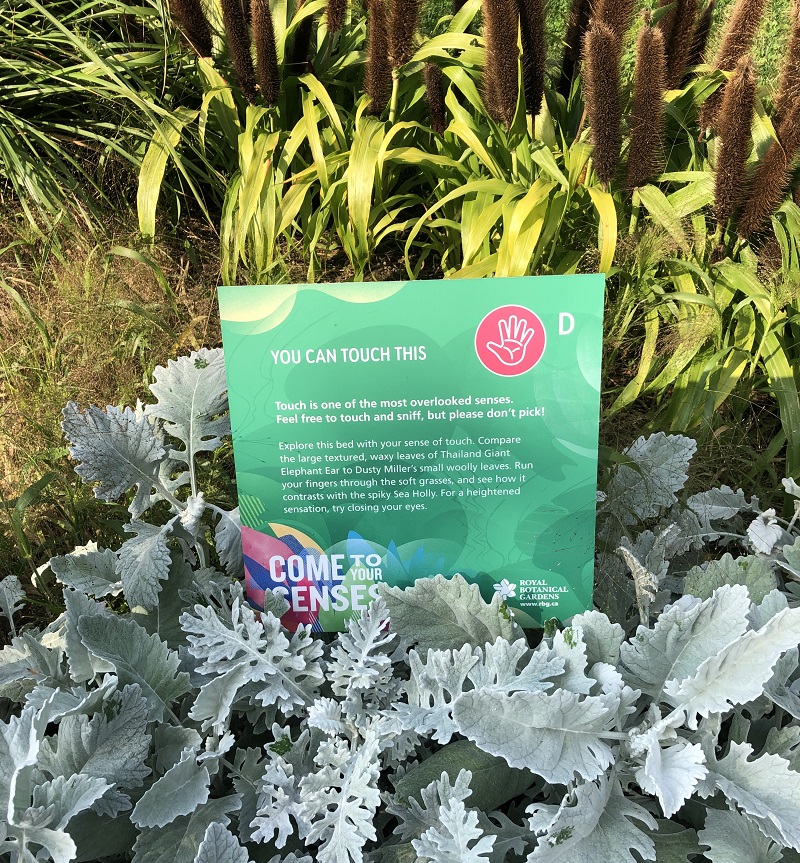Unlocking Landscapes: History, Culture and Sensory Diversity in Landscape Use and Decision Making
We live, breathe and move in and through landscape, from our neighbourhood parks to more iconic settings of the coast and countryside. Decisions made about the management of these landscapes are often based on narrow assumptions about how such settings are perceived, experienced and valued. By bringing these assumptions to light, our ‘Unlocking Landscapes’ network will develop a deeper understanding of why varied landscapes matter and for who.
With a focus on management decisions pertaining to health and wellbeing, we adopt a broad interpretation of landscape, recognising that moments of health and wellbeing can unfold through the smallest scales of landscape encounter (for example, within city allotment plots, urban public parks and hospital gardens) to more expansive encounters with country parks, national parks, heritage coastlines and historic estates.
Principal Investigator Clare Hickman introduces the project in this short video
Led by Clare Hickman of Newcastle University (PI) and Sarah Bell of the University of Exeter (Co-I), this network includes colleagues from Exeter and Bristol Universities, Historic England, the National Trust, the Woodland Trust, the Sensory Trust, Sense, and Natural Inclusion. By bringing together academics, practitioners and policy makers, ‘Unlocking Landscapes’ will bridge traditional policy silos. We aim to complement management and decision-making approaches that foreground biodiversity with a focus on human diversity. Through the network, we will consider the complex ways in which landscapes become meaningful to diverse individuals and groups through their senses, personal memories and shared histories.
By involving a wide range of participants from within and beyond academia, we will demonstrate how arts and humanities research can offer valuable insights into four key questions of particular relevance to landscape policy and practice:
- How is landscape sensed and made sense of by different individuals and groups?
- What are the cultural historical underpinnings of landscape experience?
- What are the tensions between personal and collective landscape meanings
- How can we learn from human diversity to facilitate genuine landscape inclusion that moves beyond basic access provision?
In this way the Unlocking Landscapes Network will create space for productive and timely arts and humanities-led discussions with policy-makers and practitioners involved in diverse landscape use and management.


